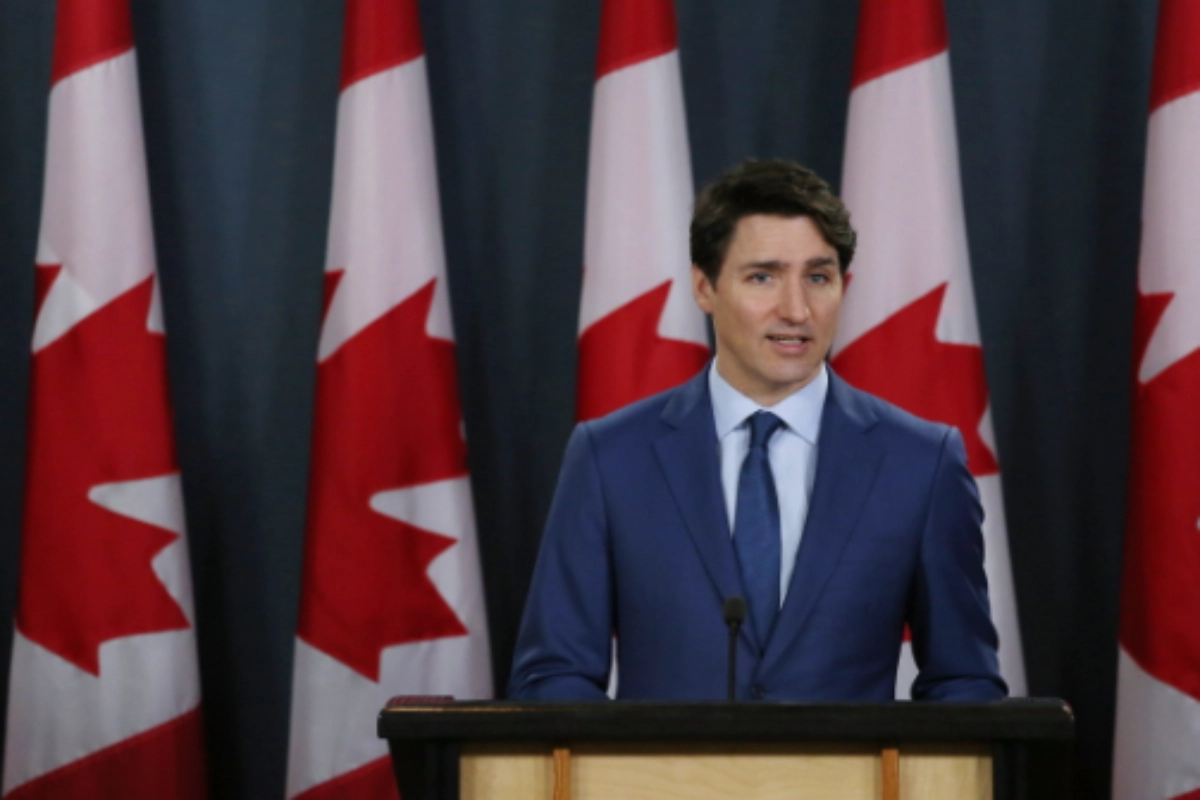Canada Protests: Thousands of international students coast to coast are taking part in nationwide protests in response to recent federal policy changes that could result in mass deportations. The protests have gained significant steam in recent months as an uproar in direct response to the policies brought in by the government of Prime Minister Justin Trudeau, which would likely affect the lives of more than 70,000 graduates whose work permits will expire by the end of the year.
Student Advocacy Groups Raise Alarm Over Imminent Deportations
As reported by CityNews Toronto, the Naujawan Support Network-a student advocacy group-has voiced extreme concern over the imminent deportations. The organization claims that because thousands of international students were placed in precarious situations, the changes in immigration and work permit policy have the effect of providing little time to secure their futures in Canada.
Four Canadian provinces have been affected by the demonstrations by Indian students: Ontario, Manitoba, Prince Edward Island (PEI), and British Columbia (BC). In May, the anger initially erupted in PEI.
The recent announcement by the Trudeau administration on stricter rules concerning temporary foreign workers added fuel to the fire. The new regulations, which have been announced on Tuesday, cap the number of temporary foreign workers coming into Canada by tightening the rigid policy that was announced earlier in the year. Some of the changes include that as of September 1st, 2024, the new issuance of international students will be reduced by 35% compared to the amount issued in 2023. Further, starting this September, international students will be allowed to work no more than 24 hours a week off campus.
A Defiant Stand Against Policy Changes in Prince Edward Island
In an act of defiance, students have raised camps outdoors in front of the legislative assembly on Prince Edward Island and have protested overnight for more than three continuous months. Mass protests are also swelling in other provinces such as Ontario, Manitoba, and British Columbia. Such protests reflect the sullen anxiety and frustration of international students who now have to face the music of deportation in light of unexpected sudden changes in federal and provincial policies.
The new provincial policies have exacerbated the situation by a 25% cut in permanent residency nominations. This cut has put international students in a very precarious situation in which, until recently, their pathway to permanent residency was clear. They are now threatened with having to leave the country despite investing years of their lives into Canada and its economy and society.
Advocacy Groups Mobilize Against Unfair Narratives
Besides the protests against the changes in the federal government’s policy, international students and immigrant workers have been rallying in the face of the ever-increasing rhetoric that blames them for their crises in housing and jobs. These rallies have taken place in many cities, including Brampton, mobilized by advocacy groups such as the International Sikh Student Organization, contending that these ills are part of broad policy failures and not because of international students.
The advocacy groups and protesting students are calling on the federal government to reconsider its stance and provide clear pathways to permanent residency. The protests serve to emphasize that international students have become very critical in Canada-not just as temporary residents but also as potential contributors in the long run for the growth and development of the nation.
Canadian Government Tightens Controls on Post-Pandemic Temporary Immigration Surge
These changes are part of the Canadian government’s attempts to control the post-pandemic surge in temporary immigration. The share of low-wage stream temporary foreign workers that can be hired by employers will be reduced to 10 percent of their total workforce from 20 percent, Prime Minister Trudeau said. The reduction aims at helping to contain the surge of temporary foreign workers, which has strongly increased since Ottawa relaxed the access to the program as a part of an effort to alleviate labor shortages.
As another example, the government will no longer process applications from employers in regions where the unemployment rate is 6% or more. The time workers can be hired under the low-wage stream is being reduced from two years to one year. The changes become effective Sept. 26. They are part of earlier changes announced in March and during the summer.
Government Data Reveals Surge in Low-Wage Stream Approvals Since 2022
Government data shows significant increases in the low-wage stream in 2022 and beyond. Temporary foreign worker positions approved in the low-wage stream increased to 83,643 in 2023 from only 28,121 in 2019. Finally, there are announcements of an overall reduction in the number of temporary residents and of limits on the number of foreign workers businesses could hire, with a goal to reduce the proportion of temporary residents in the population from 6.2% to 5% over the next three years.
As protests persist, the fate of thousands of international students in Canada remains uncertain, with many holding onto hopes that the federal government would review its policies and come up with something more stable and fair.
